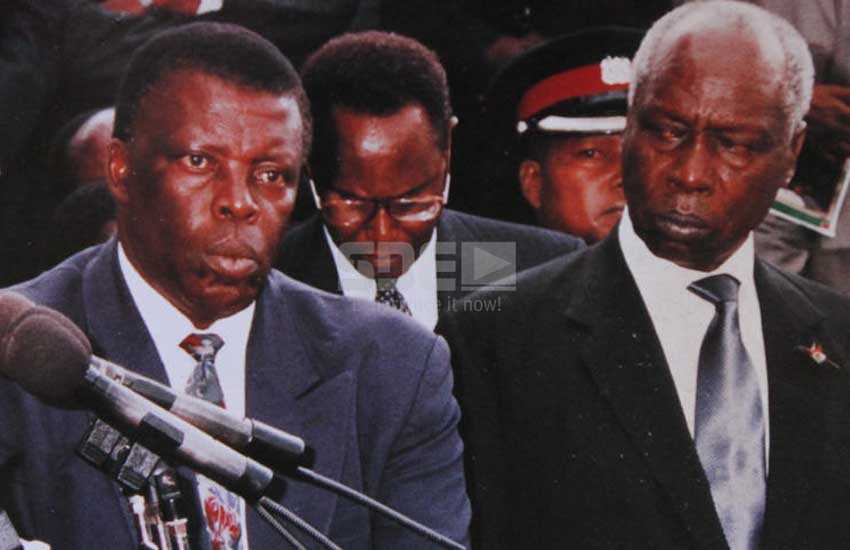
Not many remain a household name 20 years after retirement. But again, there aren’t many with Leonard Mambo Mbotela’s indelible charm.
Have you walked into a night club late in the night and seen a 77-year-old man seated on a barstool? No? Well, if you walked into Langata’s Vibro Club on a Friday or Saturday night, you would meet Mambo Mbotela.
He isn’t there for the girls, or the booze. And not for the boys either. And he will be the centre of attention.
Not for his cool moves on the dance floor, though he does have some, but for his smooth voice. He is there to entertain. And boy can he belt out the ‘Zilizopendwa’ tunes.
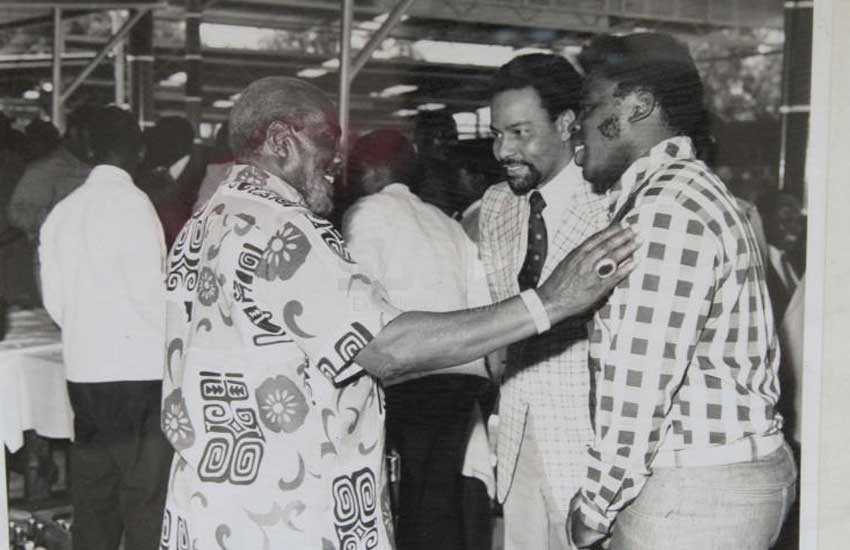
Disappointingly, when we meet, he does not look at me quizzically and ask “Je, huu ni ungwana?” Neither does he greet me in his trademark coastal accented Kiswahili.
He is also much larger and more fun than I thought he would be, peppering his talk with deep laughter and sometimes even breaking into song. He loves singing, and he does have the voice for it.
“You know if I wasn’t on radio, I would have gone into music. My late father was a musician. He taught Charles Njonjo how to play a piano. Infact, yesterday was Njonjo’s birthday. He was turning 98. I called him up and sang Happy Birthday to him. He was so happy!” he says, of the first Attorney General of Kenya.
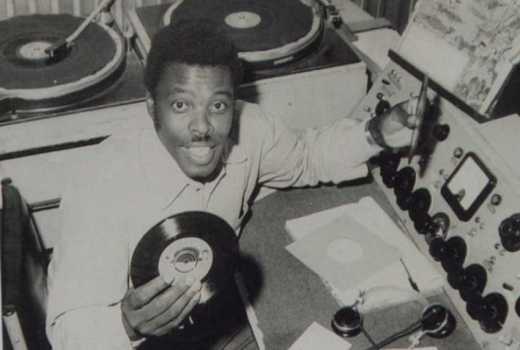
His humble home, tucked away among a row of houses in Lang’ata, is eerily silent.
“I live alone,” he explains. And before I can ask the unspoken question, he ushers me to a seat outside a shop.
“I run this shop, now that I am retired. Singing at the club, the shop and my weekly KBC show keeps me busy,” he says as he fetches some honey coated nuts for me from the shop.
Where is his wife?
Save for the neighbours that shout their greetings at him as they go about their day, the interview remains uninterrupted.
Mrs Mambo, he explains, doesn’t live here.
Where is she? I prod.
“She lives in our rural home. She loves the peace and quiet there,” he says.
He is very protective of her and refuses to reveal her name.
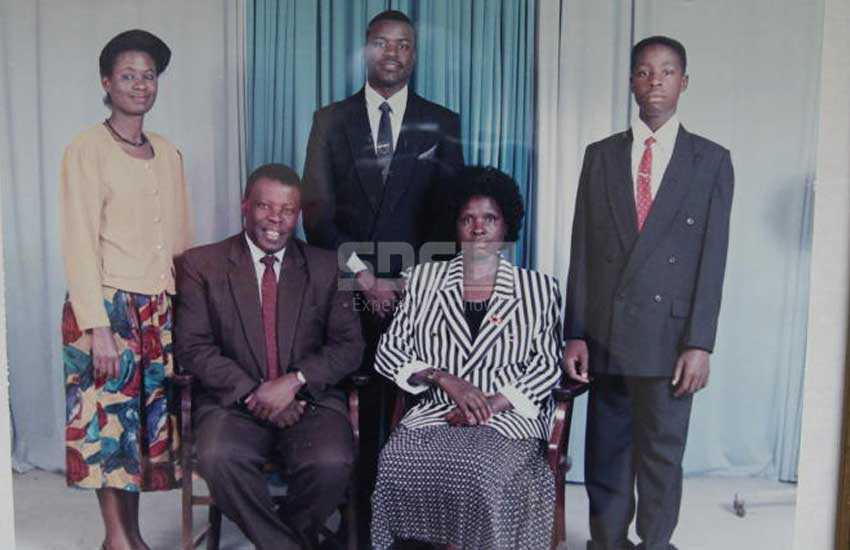
“Ours has been a great marriage so far. It has stayed strong because we have involved God in it, and even when I married my wife she had good character. Partners should work to cultivate good character as individuals, because that is what sustains the marriage.”
Just like most of the great stuff in Mambo’s life, he found love in the studio.
“She was a great fan of my programs, so she came to Broadcasting House to see what I looked like. She was so cute I fell in love with her. I took her round the studios, we had tea, and she sat through one of the shows I was doing. You can be assured I was on my A-game that day when presenting the show.”
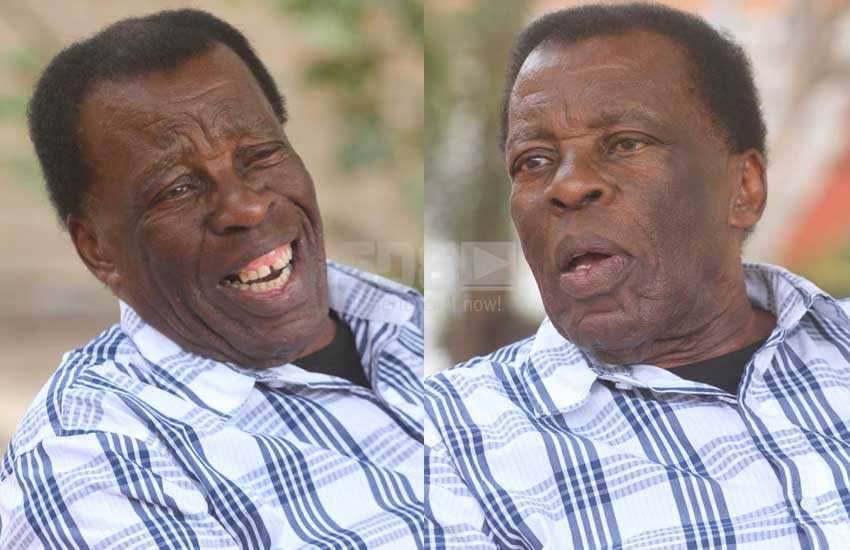
They got married three years later, in 1970, and the couple is blessed with three children.
The embarrassing ‘Je huu ni ungwana?’ origin
Mambo Mbotela is best known for his role in radio. And you could rightly assume that he has had the longest running radio show in Kenya history. His show, Je Huu ni Ungwana has been running for 52 years now.
“One weekend after work on a Saturday, we went to Panafric Hotel with colleagues and friends. This was a hotel for the prominent people, and this was a rare event for us. We were used to our local Karumaindo.
So one of my friends got impatient and started banging hard on the table. He was trying to attract the waiter. I could see the shock on the patrons faces. And I was thoroughly embarrassed. And so I turned to him and asked, ‘Je, huu ni ungwana?’”
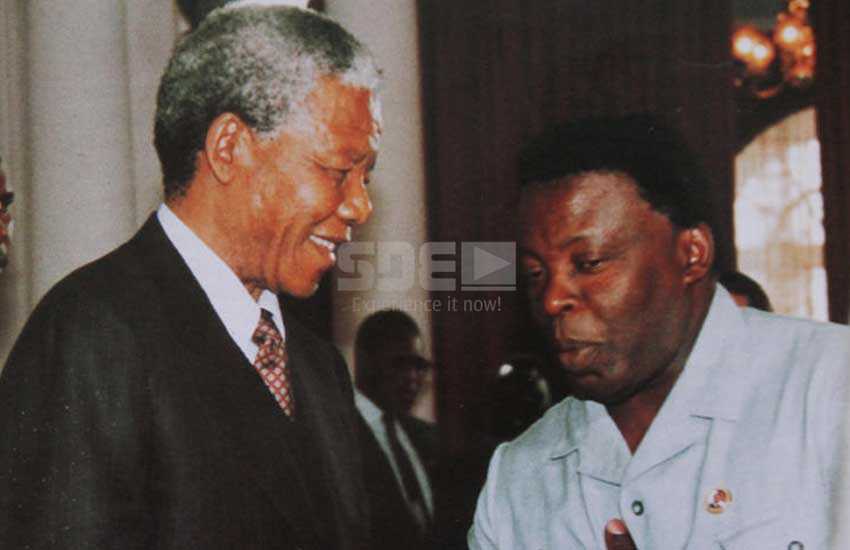
While they can laugh about it, Mambo acknowledges that it was a light bulb moment for him. And a popular 30-minute radio show was born.
The gun to his head
His career grew in leaps and bounds that when some errant soldiers decided to overthrow the government, they wanted his highly recognizable voice to announce it to Kenyans.
One balmy night in August 1982, while the Mambos were in bed in their Ngara home, gun shots echoed in the neighbourhood and Mambo was woken up by a tap on the window.
“At first I thought it was a police chase on robbers. But very soon I had a gun pointed to my head. The armed soldiers gave me four minutes to dress up. Their leader was Hezekiah Ochuka. I bid my lovely wife goodbye, hoping that I would live to see her again. I wasn’t sure what was happening.”
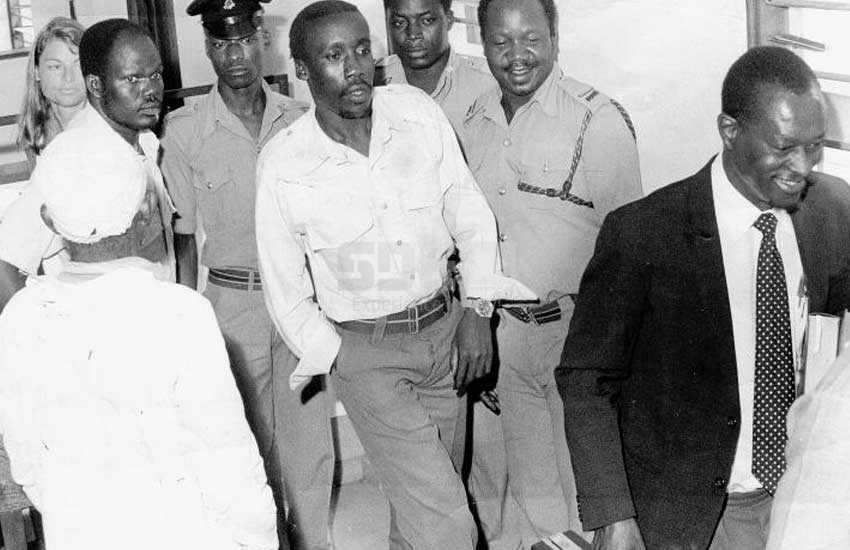
And so they drove him to the Voice of Kenya (now KBC) offices and he was given a script to read.
“It was the scariest moment of my life. I made the the announcement over and over again for one hour before loyal forces arrived at the studio. Soon the bodies of the rebel soldiers were strewn around and I remember hiding under the table, only coming out with my hands in the air while shouting my name to avoid getting shot.”
He was then ordered to announce to Kenyans that the country was still very much under President Moi’s leadership and that everything would be OK. Afterwards he was interrogated in court and let go.
The memory still gives him shivers, even 36 years after it happened. He waves his hands as if sweeping the recollections away and smiles at me.
Now retired from an active media career, he is in the process of getting a biography written.
“Ken Walibora is doing it. I hope today’s media stabilises. Too much uncertainty with the constant layoffs,” he says.
And being a veteran media man, he believes he is still doing his share.
“Every once in a while, I call in to a TV station and ask to speak to a reporter when I think they can do better. I advise them on how they can do the job better.”
Cyprian Nyakundi’s fake news
One cause of concern with today’s media industry is the increased incidences of fake news. Especially now that he has been a casualty.
“Cyprian Nyakundi had announced that I had died and it was so distressing for me and my family. I got over 90 calls, with people checking up on me. People need to be responsible while disseminating information.
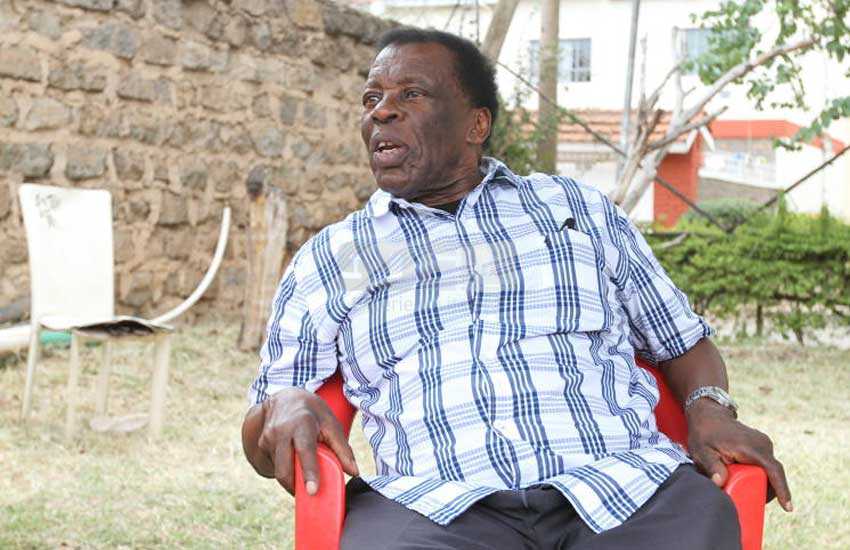
He however acknowledges that his sunset years are nigh, but he isn’t afraid of death.
“I have no regrets at all. Some people go to the extent of visiting witchdoctors to avoid death. It is not something I fear. In fact when it comes, we shall say Hallelujah.
What I hope to accomplish before I die is just to continue doing what I'm doing, teaching people good behaviour. I have met people who have told me that my show, Je Huu Ni Ungwana has made them change their habits. That is good enough for me.
 The Standard Group Plc is a multi-media organization with investments in media
platforms spanning newspaper print
operations, television, radio broadcasting, digital and online services. The
Standard Group is recognized as a
leading multi-media house in Kenya with a key influence in matters of national and
international interest.
The Standard Group Plc is a multi-media organization with investments in media
platforms spanning newspaper print
operations, television, radio broadcasting, digital and online services. The
Standard Group is recognized as a
leading multi-media house in Kenya with a key influence in matters of national and
international interest.
